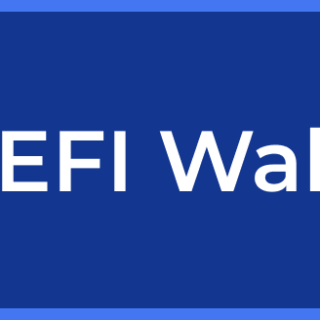Intro to governance tokens
Governance tokens distribute voting power to users.
Essentially, a governance token gives a holder a say in how the protocol will be run and developed.
Some DeFi protocols assign “governance” as an additional use case on top of other use cases (e.g. liquidity, security). By giving governance power to token holders, protocols empower their communities to feel as if they have a say in their investment’s decision-making process. Distributing voting power among the community through governance tokens is yet another mechanism in DeFi for increasing the decentralized nature of a protocol; most protocols that implement a governance utility in their tokens are called Decentralized Autonomous Organizations, or DAOs.
Some protocols implement governance by a blockchain voting system. The developers or community members can propose a resolution to be voted on; and, by connecting their token-holding wallets, token holders will be able to vote via smart contracts to adopt or reject. Usually, the quantity of tokens determines the weight of each vote.
Governance tokens like Yearn and AAVE distribute voting power among users of those platforms. The governance tokens themselves are able to be used for collateral and may have other value or utility, but their main function is to be used to govern: determine incentives for the protocol’s liquidity pools, select which vaults to support, and implement changes to fee structures.


